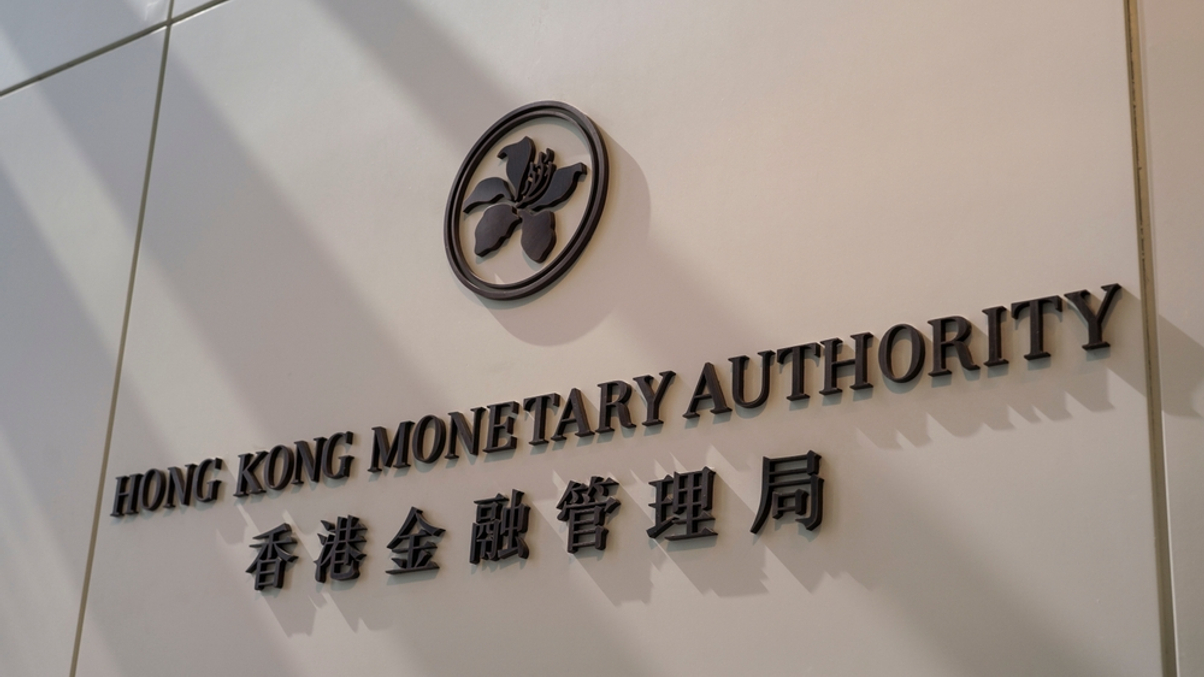HKMA Exchange Fund explores PE in healthcare, energy transition
One of Hong Kong’s largest asset owners might be exploring private equity and infrastructure investments post-Covid, but the fund management industry says the Exchange Fund could be doing more on the ESG front.

Hong Kong Monetary Authority’s HK$4 trillion ($509.6 billion) Exchange Fund will continue to explore private equity investments in healthcare, technology, energy transition and infrastructure, including in emerging markets, it told AsianInvestor.
Sign in to read on!
Registered users get 2 free articles in 30 days.
Subscribers have full unlimited access to AsianInvestor
Not signed up? New users get 2 free articles per month, plus a 7-day unlimited free trial.
¬ Haymarket Media Limited. All rights reserved.


